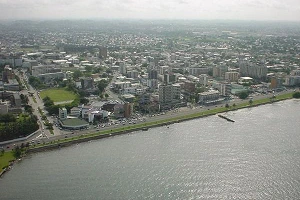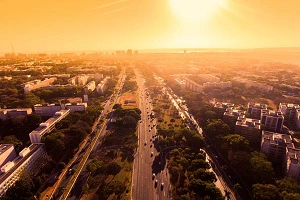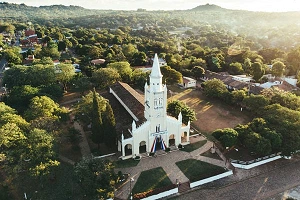Vodacom fibre deal to go ahead after years of delays
- Details
- Category: Regulation
- 9193 views

South African operator Vodacom and Remgro, a diversified investment holding company, have announced that regulator the Independent Communications Authority of South Africa (ICASA) has approved Vodacom’s acquisition of a minority stake in Vumatel’s parent company. The transaction will be implemented on 1 December.
Vumatel is a major fibre-to-the-home (FttH) network operator in the country.
This announcement has been a long time coming. Vodacom and Remgro apparently first announced the transaction in November 2021, revealing that the mobile network operator had made an offer to buy a 30% stake in Community Investment Ventures Holdings (CIVH), which owns Vumatel and open-access backhaul provider Dark Fibre Africa (DFA).
The ownership structure behind the deal is slightly complicated. The My Broadband website says that Remgro holds a 57% stake in CIVH, of which Maziv is a subsidiary.
Maziv, it explains, was established primarily to facilitate the transaction. Maziv holds the assets of Vumatel and DFA.
As we reported at the time, the deal was rejected by the Competition Commission in 2023. The Competition Tribunal blocked the deal in October 2024.
However, the Minister of Trade, Industry, and Competition, Parks Tau, apparently backed the deal on public interest grounds; Vodacom and Maziv had committed to a significant rollout of broadband infrastructure in previously underserved areas and to providing free services to schools and police stations.
In the end a number of concessions were offered that allowed the Competition Commission to withdraw its objections to the transaction. The Competition Appeals Court therefore overturned the Tribunal’s decision and has approved the transaction, as has ICASA.
Maziv will reportedly acquire more than 5,000 kilometres of metro fibre from Vodacom, as well as all the Vodacom fibre passing 160,000 homes.
The deal will no doubt be good for Maziv’s growth plans, but, more importantly, perhaps, Maziv has claimed that the transaction will enable it to rapidly roll out fibre to less well-served areas like the country’s densely populated urban townships.























